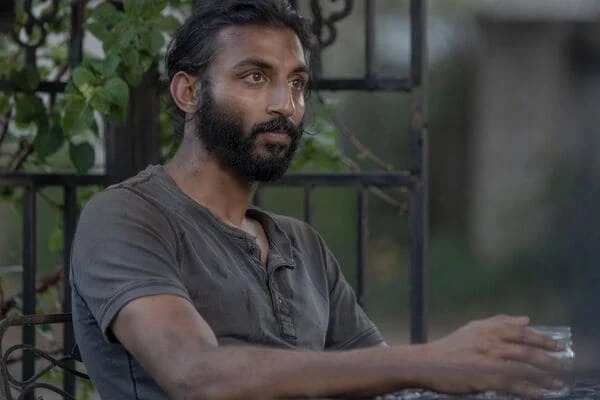"My Mercy Prevails Over My Wrath": Rick Grimes, Siddiq, and a Hadith Connection in The Walking Dead
The Walking Dead Season 8 finale, “Wrath,” delivered a climactic showdown between Rick Grimes and Negan’s Saviors. The phrase “My mercy prevails over my wrath” became the episode’s emotional cornerstone—but its roots run deeper than Rick’s moment of redemption. A Muslim character, Siddiq, first uttered these words, echoing a 7th-century Hadith. Let’s explore this pivotal scene and its surprising link to ancient wisdom.
Warning: Spoilers ahead for The Walking Dead Season 8 finale.
Rick vs. Negan: The Turning Point
Rick’s group clashed with the Saviors in a tense standoff. Just when victory seemed near, they were surrounded—Negan’s trap mirroring a Season 6 ambush. But Negan’s plan crumbled when Eugene’s sabotaged bullets misfired, killing many Saviors and leaving the rest at Rick’s mercy. Chasing a fleeing Negan, Rick slashed his throat in a brief fight, poised to end him.
Then came the twist. Influenced by Carl’s dying wish for peace, Rick spared Negan, ordering a doctor to save him. Declaring a new era, Rick said, “My mercy prevails over my wrath,” a line first spoken by Siddiq earlier in the season.
Siddiq’s Role and the Phrase’s Origin
Siddiq, a Muslim survivor introduced in Season 8, shared these words when recounting his mother’s compassion toward walkers. His faith shaped his outlook, and his mention of “My mercy prevails over my wrath” planted the seed for Rick’s transformation. But where did this phrase come from? It mirrors a saying from Islamic tradition—a Hadith from the 7th century, over 1,400 years old:
“On the authority of Abu Hurayrah (may Allah be pleased with him), who said that the Messenger of Allah (ﷺ) said: When Allah decreed the Creation He pledged Himself by writing in His book which is laid down with Him: My mercy prevails over my wrath. It was related by Muslim (also by al-Bukhari, an-Nasa'i and Ibn Majah).”
Reference: Hadith 1, 40 Hadith Qudsi
Intentional or Coincidence?
Did the writers knowingly draw from this Hadith? Siddiq’s Muslim background suggests intent. His use of the phrase ties it to his faith, and Rick’s later echo amplifies its weight. Showrunner Scott M. Gimple might have used this to deepen the story’s moral complexity—mercy triumphing over wrath in a brutal world. Or it could be a poetic coincidence, the line’s universal appeal fitting both characters naturally. Without confirmation, we’re left to wonder.
Why It Matters
Rick’s choice split his group and fans alike. Some saw it as growth; others, a betrayal of justice. Siddiq’s influence, paired with the Hadith’s resonance, adds depth—linking a zombie apocalypse to a timeless truth about forgiveness.
Final Thoughts
“My mercy prevails over my wrath” ties Siddiq’s faith to Rick’s redemption, possibly nodding to a 1,400-year-old Hadith. Intentional or not, it’s a powerful moment. What do you think—planned or coincidence? Share below!
See also: 20 Must-Read Books to Enrich Your Ramadan: A Spiritual Journey Through Literature










